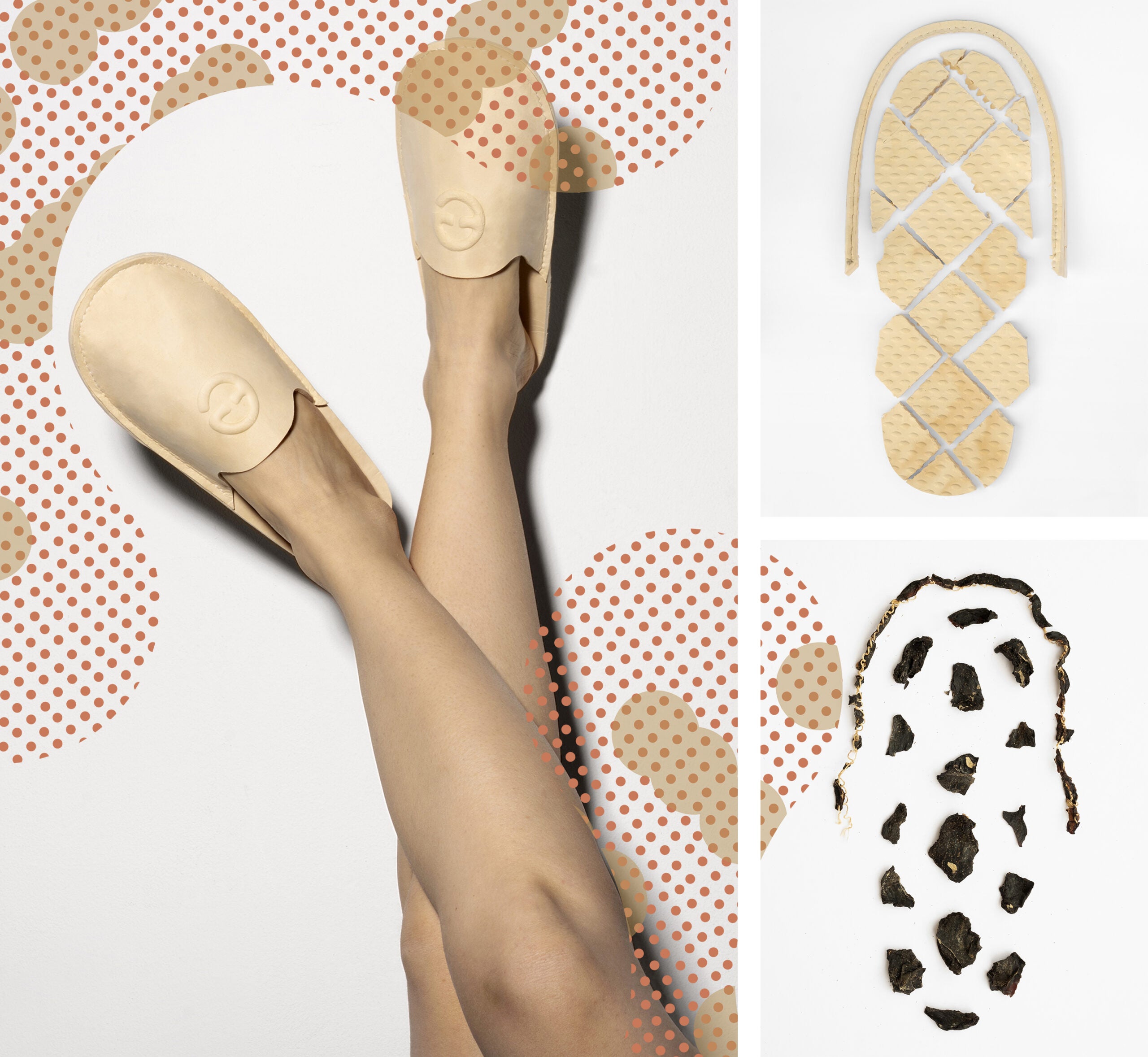Last week we saw some big investments in the sustainable fashion development space, namely in the areas of digitisation and alternative fibres, suggesting brands are looking to make good on green promises at a time when governments globally are doubling down on weak or false sustainability claims to protect consumers.
Fashion brands and retailers are quickly coming to the realisation their green efforts need to be two things – groundbreaking and provable.
The adoption of technology to boost efficiency and effectiveness while also driving sustainable production is proving popular for fashion brands.
The investment was led by Lowercarbon Capital, with participation from climate capital, SOSV, Signia Ventures, and MVP Ventures.
Powered by the company’s proprietary robotic technology, Vega 3D weaving machines can weave a pair of pants in under 10 minutes directly from yarns, drastically reducing the time required for finishing steps.

US Tariffs are shifting - will you react or anticipate?
Don’t let policy changes catch you off guard. Stay proactive with real-time data and expert analysis.
By GlobalDataBy leveraging Vega, fashion brands can achieve on-demand, zero-inventory production, resulting in reduced transport costs, emissions, and a leaner, more green supply chain.
Another area attracting big investment is alternative fibres. Ecovative last week raised over $30m for the expansion of its mycelium materials derived from the fibrous ‘roots’ of mushrooms.
Ecovative says its latest funding will support its plans to scale its Forager business into a world-class supplier of sustainable textile and foam products.
And it wasn’t the only one making waves in the alternative fibres and materials space last week.
The initiative forms part of Mango’s commitment to its sustainability strategy, Sustainable Vision 2030, which aims to implement measures to reduce the company’s impact on the planet through four key policies: climate change, water consumption, packaging and a strategy to protect biodiversity.
The moves come as consumers grow increasingly aware of the pressure natural resources used to make fashion, are under. One of the most widely known facts about the fashion industry now is that it takes 7,600l of water to grow the cotton used to make a pair of jeans.
It is why many fashion brands and retailers are looking at incorporating recycled cotton in their collections or cotton alternatives.
The objective of this pilot project is to develop an experimental agroforestry regenerative cotton site to test and scientifically assess new ways to implement sustainable cotton production in Italy. The aim is to demonstrate how to enhance landscape diversity, water saving and soil fertility as well as biodiversity-related ecosystem services while producing cotton with a low carbon footprint through the use of agroforestry systems. The project ensures traceable and resilient value chains as well as the safety of resources.
Top news stories on Just Style last week
A fifth of European textile waste could become new garments – but how do we get there?
Debbie Shakespeare, senior director of sustainability and compliance, apparel solutions, Avery Dennison explores how we can move ‘fashion circularity’ from just talk to real-time action.
Better Cotton sustainability roadmap drives Uzbekistan cotton sector forward
The new sustainability roadmap presented by non-profit Better Cotton has received attention from those attending Uzbekistan’s Tashkent Textile Week, including business, government, civil society, international organisations, and educational institutes.
Inditex, Jeanologia Air Fiber Washer cuts microfibre shedding by 60%
Zara-owner Inditex has joined forces with sustainable textile technology firm Jeanologia to develop an industrial air system, designed to extract microfibres during the initial process of garment fabrication without compromising on quality.
H&M Foundation doubles grant to accelerate transformation of fashion industry
Non-profit H&M Foundation is redoubling efforts to accelerate the transformation of the fashion and textiles industry by doubling the Global Change Awards (GCA) grant amount and winners.
Transition to Industry 5.0 for textiles depends on stakeholder support
Asos outlook bleak as ‘£1bn takeover talks’ with Alibaba owner stagnate
Mothercare CEO Le Vesconte resigns five months into role
Pandemic disruptions cost US apparel, footwear sectors up to $17bn in 2022


